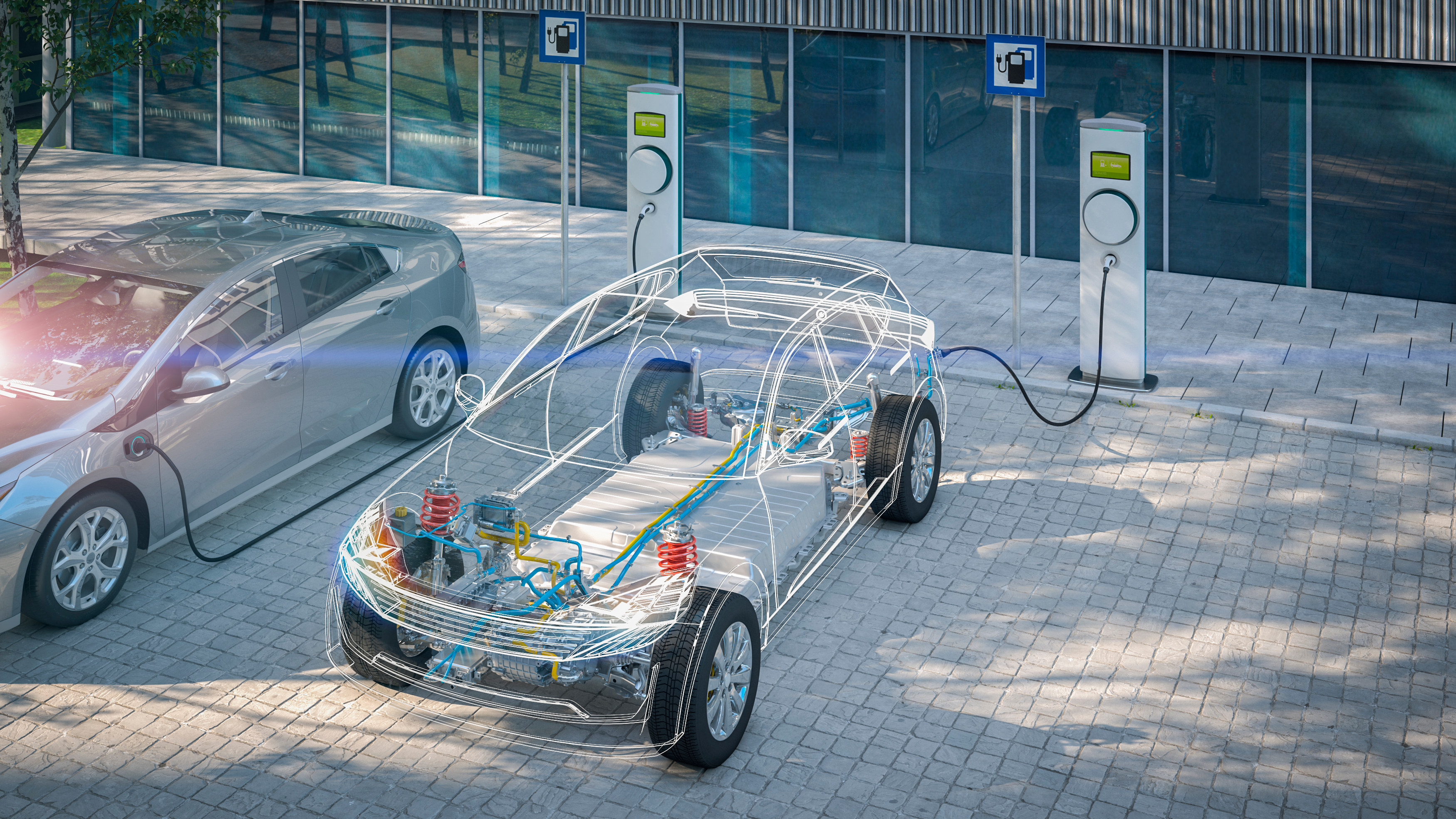One of the main challenges faced by the energy sector is that of giving consumers a new role so that they feel an active part of the change.
With the transformation of the system towards a decentralised model, consumers become key. They take on an active role, since they are no longer a simple recipient of energy or services, but rather can now be a producer, a storer, or participate in energy markets, giving the system flexibility. This new reality is a challenge for the sector, but also a need.
Consumers take on a pivotal role in the strategy and it is essential to meet their needs and understand market trends in order to not be left behind.
The European energy policy promotes putting the consumer in the centre of the energy system, with the aim of improving companies' competitiveness and decision-making in households.
In what areas does this new consumer role translate?
In this new role, consumers can make responsible and informed decisions on energy products and services, form part of local energy communities, and use new technologies to analyse their consumption, reduce their bills, and even generate their own electricity.
This active consumer role in energy demand must facilitate the integration of a higher volume of renewable energy and offer the flexibility that this type of intermittent generation needs. Furthermore, by receiving incentives to respond in times of system shortages, it is expected to achieve an increase in efficiency and responsible consumption.
The energy transition proposes a new role for the consumer so that they feel an active part of the change, contributing to the fight against climate change.
What can be done to accelerate this empowerment?
The first step for achieving consumers' activation is to provide them with sufficient information about their energy consumption and cost.
To this end, it is vital to provide consumers with sufficient technology so they can understand and control their installation, for example, by deploying smart meters, as well as clarifying and standardising the information contained in bills and energy service provision offers.
However, the main challenge will be the information management by consumers and a new market design that generates clear incentives to participate therein, with enough knowledge on the impact they have in the global energy system. As mentioned earlier, information management will be closely associated with the development of the digitalisation of the energy sector.
In order for demand management to work properly, it will be necessary to develop stable regulatory frameworks and market designs that facilitate participation, whether directly or through consumer aggregators and that also generate the appropriate economic incentives to generalise their use. The new regulations will also create opportunities for companies to offer consumers more and higher quality services. This will facilitate innovation and digitalisation and will help European companies to achieve energy efficiency and the use of low-carbon technologies.




